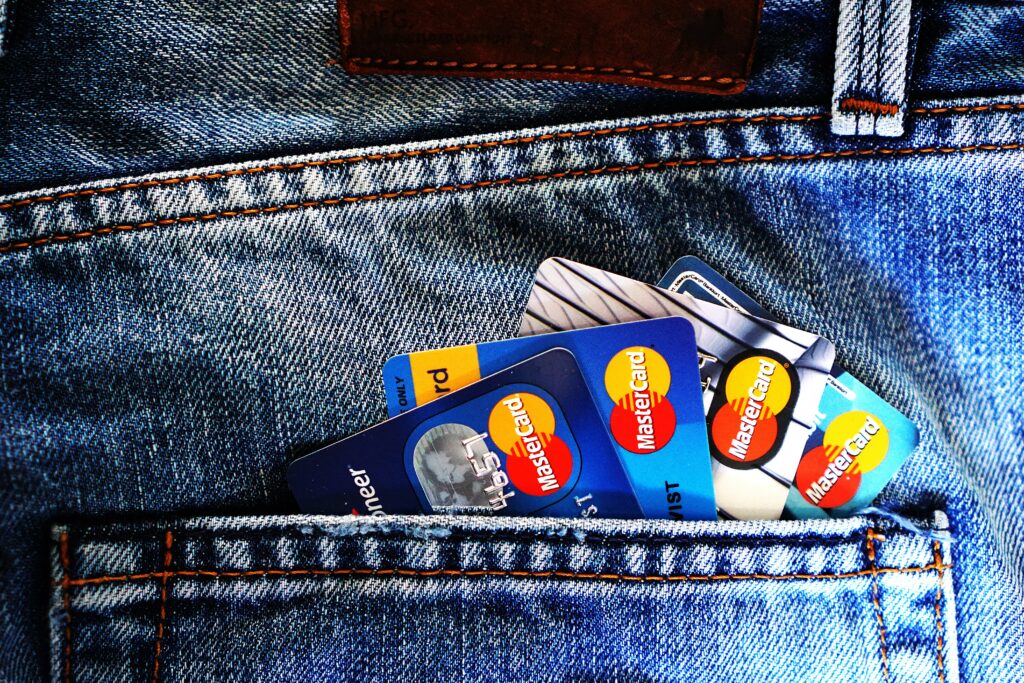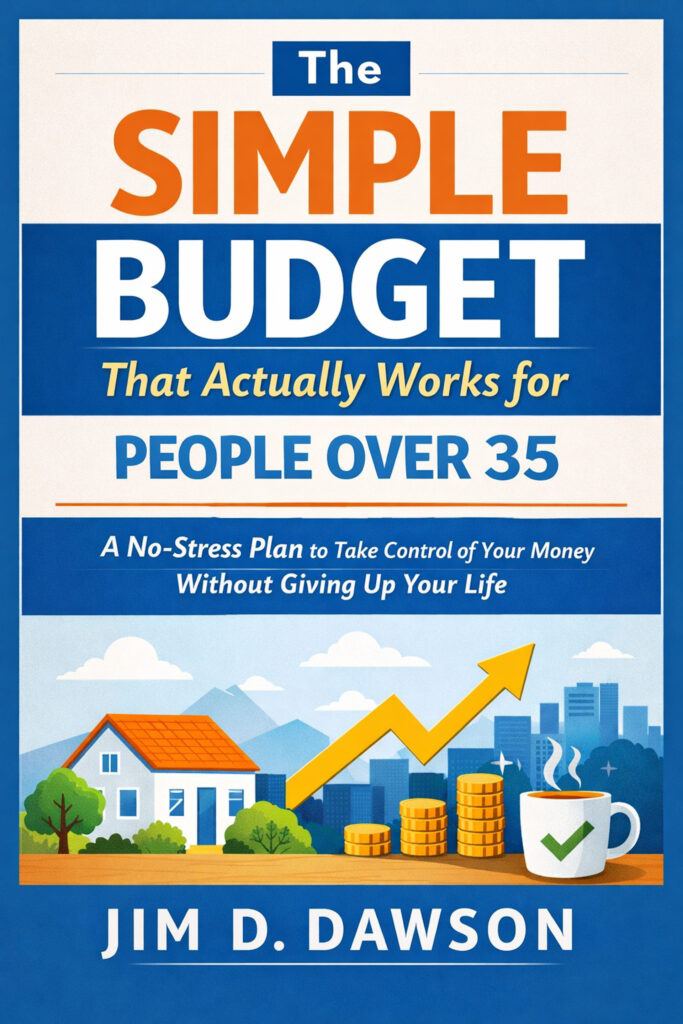Reduce your credit card debt and take back control of your finances! Discover the secrets for lowering interest rates, consolidating payments, and more.
Credit card debt can be a tricky thing to navigate. It can seem like a never-ending cycle of payments and interest charges. But there are ways to reduce your credit card debt and get back on track. This blog post will discuss some strategies for reducing your credit card debt and getting your finances back in order.

Stop Using Your Credit Cards
When it comes to reducing credit card debt, the first step is the hardest but most crucial one: stop using your credit cards. It’s like trying to quit smoking; the first step is admitting a problem.
Cutting up your credit cards or putting them in a safe place where you won’t be tempted to use them is a great way to start. It’s like cutting off a dragon’s head; it may be painful, but it will prevent it from breathing fire on your finances.
It may sound like an obvious step, but it’s one that many people overlook. If you’re trying to reduce your debt, it’s important to stop adding to it. And just like quitting smoking, it can be hard at first, but the benefits are worth it in the end.
It’s also important to remember that using credit cards responsibly is not bad; it’s just important to be mindful and not fall into the trap of overspending and being unable to pay off the balance.
So, take a deep breath, cut up those credit cards, and start walking toward a debt-free future. It may be hard, but the freedom and peace of mind that comes with it are priceless.
Make a Budget
When it comes to reducing credit card debt, making a budget is like having a map on a road trip – it helps you stay on track and reach your destination.
Creating a budget is simple yet powerful. It lets you see where your money is going and where you can cut back. By making a budget, you’ll see which expenses are necessary and which are not. And just like a good map, it helps you avoid unnecessary detours and pit stops that can slow you down.
When making a budget, don’t forget to include all your expenses, credit card payments, rent, food, and entertainment. Once you have a clear picture of your spending habits, you can start making changes to reduce your debt.
It’s important to remember that a budget is not a one-time thing. It’s a living document that needs to be reviewed and updated regularly. So, don’t be afraid to make adjustments as you go along.
Making a budget may not sound like the most exciting thing in the world, but it’s a crucial step in reducing your credit card debt and taking control of your finances. So, grab a pen and paper or your favorite budgeting app, and let’s get started.
Prioritize Your Debts
When it comes to reducing credit card debt, prioritizing your debts is like organizing a game of Tetris – you want to ensure you’re tackling the right blocks correctly.
First, you’ll want to list your debts, including the interest rates and minimum payments for each. Then, focus on paying off the debts with the highest interest rates first. This will save you money in the long run, as you’ll pay fewer interest charges.
It’s like taking out the trash – you want to get rid of the most intense and nasty-smelling debt before tackling the less offensive ones.
But just because you’re focusing on the high-interest debts first doesn’t mean you should ignore the others. Keep making the minimum payments on all your debts to avoid late fees and damage to your credit score.
By prioritizing your debts, you’ll be able to chip away at them one by one until they’re all gone. It may not be the most glamorous way to spend your time, but it’s an effective and satisfying way to reduce your credit card debt.
Negotiate with Your Creditors
When it comes to reducing credit card debt, negotiation is key. After all, your creditors are not your enemies; they’re just business entities looking to profit. So, why not work out a deal that benefits both parties?
You can start by calling your credit card companies and asking for a lower interest rate or a reduced monthly payment. It’s important to have a clear and realistic plan before making this call. For example, if you can demonstrate that you’ve been making timely payments, have a stable income and are willing to pay off the debt in a reasonable amount of time, your creditor may be more willing to work with you.
Don’t be afraid to shop around and see if other credit card companies are willing to offer you better terms. Remember, the worst they can say is no. And if that happens, it’s not the end of the world; you can always try again later or look for other options.
Negotiating with your creditors may take time and effort, but it’s worth it in the end. With a little persistence, you can reduce your debt and start living debt-free. So, grab the phone and start dialing; you never know what deal you can strike.
Consider a Debt Consolidation Loan
When it comes to reducing credit card debt, a debt consolidation loan might just be the knight in shining armor you’ve been looking for. But before galloping off into the sunset with this option, let’s break it down a bit.
A debt consolidation loan is a loan you take to pay off multiple other loans or debts. It allows you to combine all your debts into one manageable monthly payment with potentially lower interest rates. It’s like having a magic wand that waves away all your debt troubles but with a little more paperwork and interest to consider.
Don’t think this loan is a free pass to rack up more debt. It’s important to have the plan to avoid falling into the same trap. And, of course, make sure to shop around for the best terms and interest rates.
It’s worth considering a debt consolidation loan if your credit card debt has become overwhelming and you want to streamline your payments and save money in the long run. It may not be the easiest or most exciting option, but it’s worth considering if you’re serious about reducing your credit card debt.
Conclusion
Reducing credit card debt can seem daunting, but it’s not impossible. By following the strategies outlined in this blog post, you can take control of your finances and get back on track. Remember, it’s important to stop using your credit cards, make a budget, prioritize your debts, negotiate with your creditors, and consider a debt consolidation loan. With a little effort and determination, you can reduce your credit card debt and start living debt-free.
